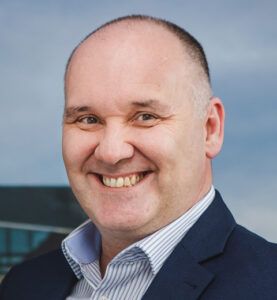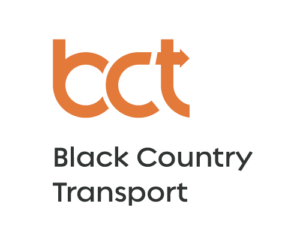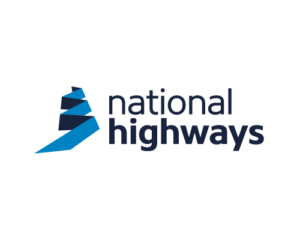Believ working with London boroughs to implement accessible charging
Two London boroughs will pilot electric vehicle (EV) charge points specifically designed for disabled residents that are being provided by charge point operator Believ.
The East London Local Electric Vehicle Infrastructure (LEVI) funded pilot, led by Waltham Forest Council (along with one other East London borough council), is designed to support disabled people who may find that impractical or inaccessible charging bays are a barrier to EV adoption.
The innovative project will see the rollout of 120 fast (22kW) charge point sockets across both London boroughs, with 30% of support coming from Office for Zero Emission Vehicles’ (OZEV) LEVI Pilot scheme and the remaining 70% funded by the CPO Believ.
The new charging bays have been designed through a collaborative workshop involving multiple stakeholders, including representatives from Motability Operations, the company who deliver the Motability Scheme to over 750,000 disabled people across the UK, and a number of public and private sector organisations. These organisations have all worked together to design best practice charging bays with improved accessibility. The new charging bays will include wider hatched areas between the charging bays and dropped kerbs to ensure a step-free route to a charge point from a vehicle.
The Energy Saving Trust have published a report confirming that the built environment around charge points has been identified as an area of concern for certain disabled consumers, specifically those with mobility and dexterity disabilities. To support with site selection for the charge points, anonymised data from customers on the Motability Scheme, supplied through the Cenex’s National EV Insight and support (NEVIS) service, has helped provide input into where the charge points are proposed to be installed.
Guy Bartlett, CEO of Believ, said:
“Charge point infrastructure must be inclusive, and through collaborations like this we can prove that we can create a bespoke network that ensures that no one is left behind.
“We’re incredibly proud to be a part of this project, particularly to support residents with disabilities who have felt the industry has been too slow in addressing their needs. This is a perfect example of how the private and public sector can partner to deliver innovative solutions for those who need it most.”
Image courtesy of Shutterstock.


















































































































